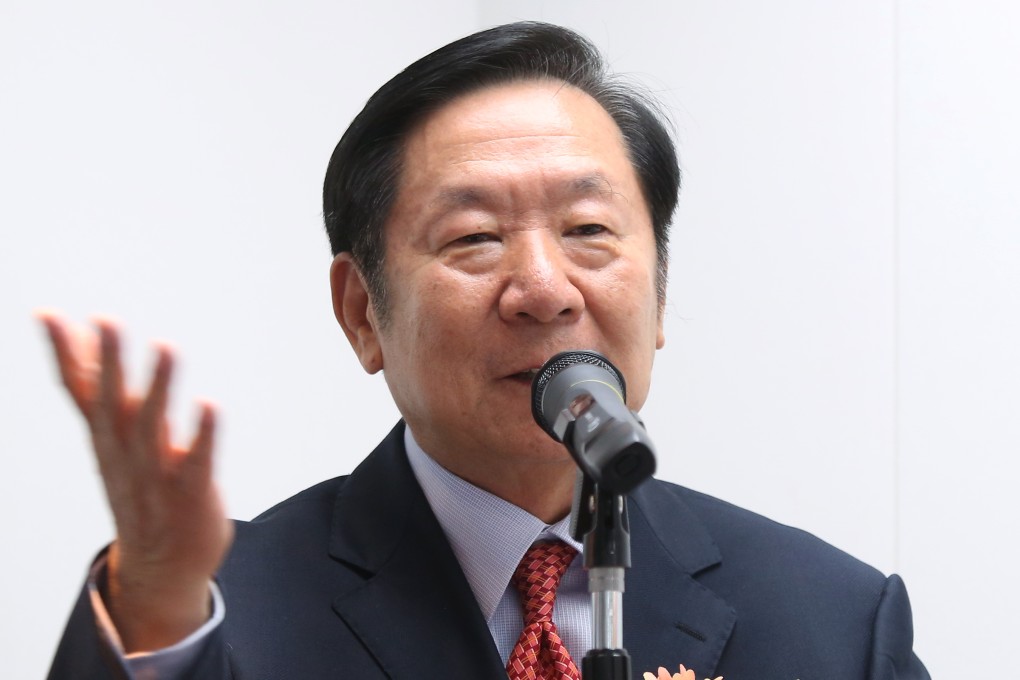My Take | The latest edicts on Hong Kong boil down to this: Beijing calls the shots
Call me naive, but I am not trained in law or political science. All the technical and high-sounding terms coming from Beijing's representatives lately just go over my head and are frankly confusing.

Call me naive, but I am not trained in law or political science. All the technical and high-sounding terms coming from Beijing's representatives lately just go over my head and are frankly confusing. But they have stimulated a lot of heated debate among judges, lawyers, politicians and academics about their precise meanings. I think, though, Beijing's intentions are pretty transparent once you look past its weird terminology.
First, Beijing's liaison office chief Zhang Xiaoming said the city's chief executive "transcends" all three branches of government and that, in any case, there was no separation of powers in our system of government anyway. I am still scratching my head over that one. Now Chen Zuoer, a former deputy head of the Hong Kong and Macau Affairs Office, said Hong Kong's problems could mostly be traced to the fact that we had not been properly "de-colonised".
Now de-colonisation is a suggestive term, especially when applied to the former British empire. I associate it with a colonial history filled with blood and tears. India, Pakistan, Bangladesh, anyone? The blood is flowing even today. The fact that the British withdrawal from Hong Kong had not only been a bloodless affair, but one that saw us become even more prosperous and modern makes us an exceptional case in this sorry British saga. So I don't think our de-colonisation failed, as Chen said, but that it has succeeded all too well.
Meanwhile, Chen complains about what he calls "the revival of de-sinofication". He seems to attribute it to our "improper" de-colonisation and hence our failure to fully implement "one country, two systems". I think the self-contradictory concept of "one country, two systems" is partly to blame. It allows one side to insist on "sinofication" (one country) and the other on "de-sinofication" (two systems and high autonomy).
But all these details are beside the point. Both men are saying: the chief executive is ultimately answerable only to Beijing and that Hong Kong is ultimately subservient to it.
Beijing's representatives can't say this out loud because that could undermine the constitutional fiction written in the Basic Law. They can only hint at the reality of power through words that can mean any number of things.

